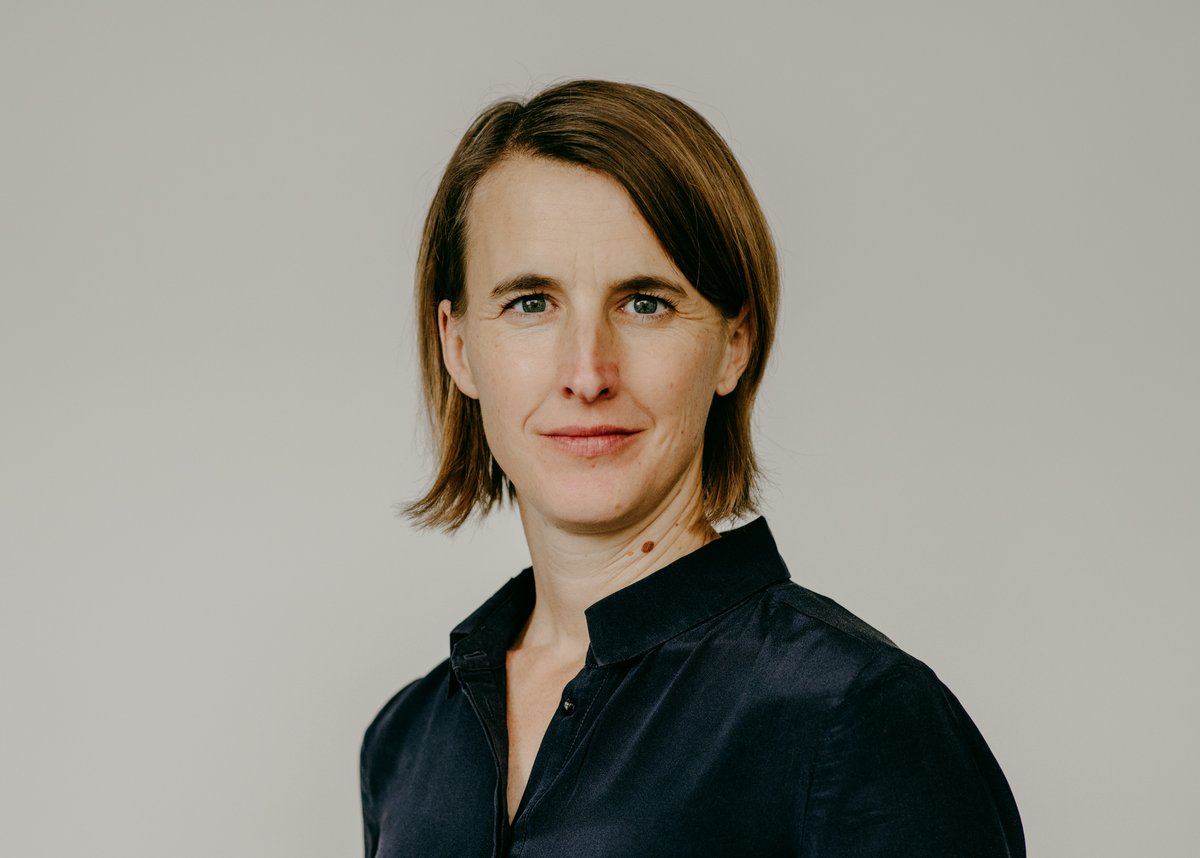Aims and Central Research Question
The group’s research focuses on three aspects:
- We examine the consequences of climate change for individuals in developing countries and investigate whether climate change induced environmental events have the potential to trigger migration and as a consequence can increase existing inequalities potentially triggering violent conflict.
- We research what determines public support or opposition towards international trade and migration. For instance, do individuals who economically lose from trade nevertheless view trade agreements positively if they believe such agreements result in welfare gains for society, e.g., by reducing inequality?
- We analyze the consequences of different design options of international cooperation efforts. Here we investigate whether countries in the Global South can rely on strict environmental clauses in their trade agreements to successfully counteract the potential negative effects that further economic liberalization might have for the natural environment
Background
The group’s research centers on several distinct yet interrelated facets of international politics with a specific focus on questions relating to political economy thereby approaching the topic of inequality from various angles.
Methods
- Survey experiments
- Event data analysis
- Time-series-cross-section analysis
Project Partners
Prof. Tobias Böhmelt (University of Essex)
Tobias Böhmelt is Professor in the Department of Government at the University of Essex. Find more information about Thomas Böhmelt here.
Prof. Susanna Campbell (American University)
Susanna Campbell is Assistant Professor in the School of International Service at American University. Find more about Susanna Campbell.
Prof. Vally Koubi (ETH Zurich)
Vally Koubi is Professor and Senior Scientist at the Center for Comparative and International Studies (CIS) at the Swiss Federal Institute of Technology Zurich (ETH), and a professor at the Institute of Economics at the University of Bern. Find more information about Vallly Koubi here.
Prof. Lisa Lechner (University of Innsbruck)
Lisa Lechner is Assistant Professor in Political Science Methodology at the University of Innsbruck. Find more information about Lisa Lechner here.
Prof. Quynh Nguyen (Australian National University)
Quynh Nguyen is Assistant Professor of international political economy at the School of Politics and International Relations at the Australian National University. Find more information about Quynh Nguyen here.
Prof. Markus Ohndorf (University of Innsbruck)
Markus Ohndorf is Professor of Environmental Economics at the University of Innsbruck. Find more information about Markus Ohndorf here.
Prof. Lena Schaffer (University of Lucerne)
Lena Schaffer is Assistant Professor for Political Science and International and Transnational Relations at the University of Lucerne. Find more information about Lena Schaffer here.
Literature
Groundwork
Lechner, Lisa and Gabriele Spilker. 2021. Taking it Seriously: Commitments to the Environment in South-South Preferential Trade Agreements. Forthcoming in Environmental Politics
Koubi, Vally, Quynh Nguyen, Vally Koubi, Tobias Böhmelt and Gabriele Spilker. 2021. Environmental Migrants and Social Movement Participation. Journal of Peace Research 58(1): 18-32.
Spilker, Gabriele, Quynh Nguyen and Thomas Bernauer. 2020. Trading Arguments: Opinion Updating in the Context of the Transatlantic Trade and Investment Partnership (TTIP). International Studies Quarterly 64(4): 929–938.
Spilker, Gabriele, Quynh Nguyen, Vally Koubi, and Tobias Böhmelt. 2020. Attitudes of Urban Residents toward Environmental Migration in Kenya and Vietnam. Nature Climate Change 10: 622-627.
Schaffer, Lena and Gabriele Spilker. 2019. Self-interest versus Sociotropic Considerations: an Information-based Perspective to Understanding Individuals’ Trade Preferences. Review of International Political Economy 26(6), 1266-1292.
Koubi, Vally, Tobias Böhmelt, Gabriele Spilker and Lena Schaffer. 2018. The Determinants of Environmental Migrants’ Conflict Perceptions. International Organization 72(4): 905-936.
Spilker, Gabriele, Thomas Bernauer and Víctor Umaña. 2018. What Kinds of Trade Liberalization Agreements Do People in Developing Countries Want? International Interactions 44(3): 510-536.
Spilker, Gabriele, Thomas Bernauer and Víctor Umaña. 2016. Selecting Partner Countries for Preferential Trade Agreements. Experimental Evidence from Costa Rica, Nicaragua, and Vietnam. International Studies Quarterly 60 (4): 706-718.
Koubi, Vally, Sebastian Scholl and Gabriele Spilker. 2016. Perceptions of Environmental Change and Migration Decisions. Climatic Change 138(3): 439-451.
Koubi, Vally, Gabriele Spilker, Lena Schaffer and Tobias Böhmelt. 2016. The Role of Environmental Perceptions in Migration Decision-making: Evidence from Both Migrants and Non-migrants in Five Developing Countries. Population and Environment 38(2), 134-163.
Koubi, Vally, Gabriele Spilker, Lena Schaffer and Thomas Bernauer. 2016. Environmental Stressors and Migration: Evidence from Vietnam. World Development 79: 197-210.

